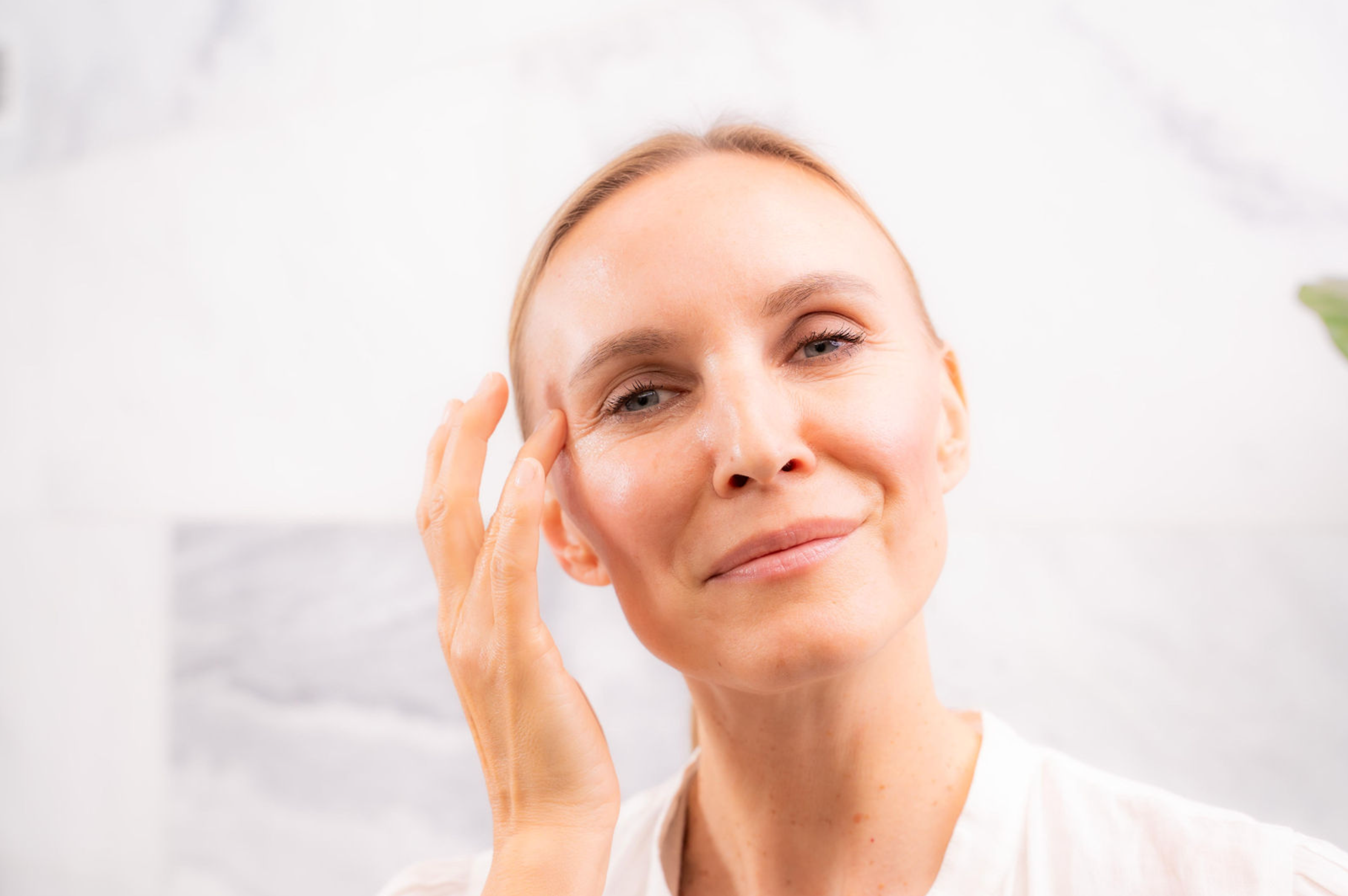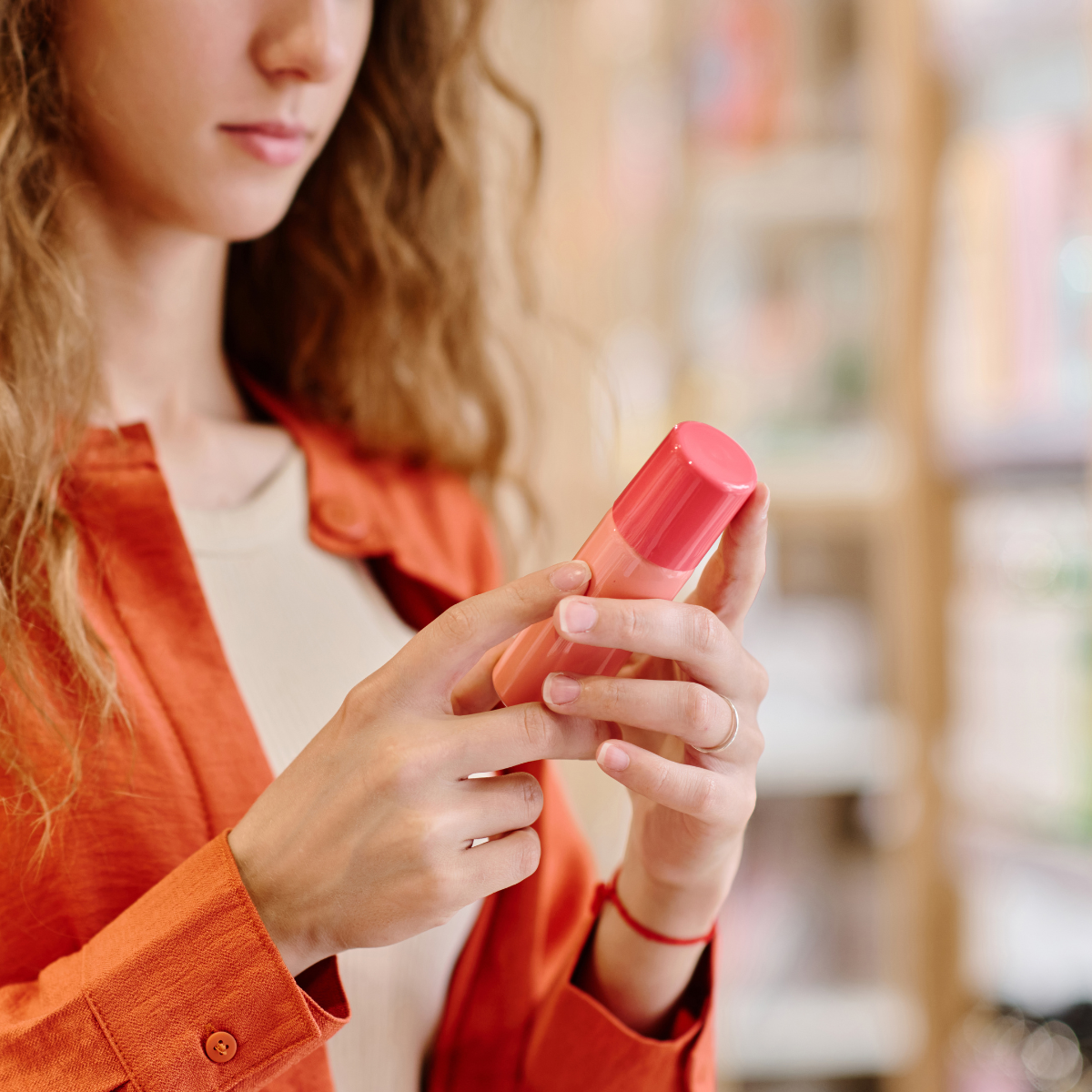Navigating Histamine Sensitivity: Skincare and Haircare Edition

I’m Dr. Erica Belton, founder of Nature’s Nectress, and I know firsthand the challenges of histamine intolerance—because I live with it myself. When your body struggles to break down histamine, everyday skincare and haircare products can trigger irritation, redness, and discomfort instead of providing relief.
As a board-certified physician and aromatherapist, I’ve spent years researching and formulating products that are safe, effective, and free from common histamine triggers. My journey led me to create Nature’s Nectress, a line of organic skincare and haircare designed to nourish sensitive skin without irritation. If you’ve struggled to find products that truly work with your body—not against it—you’re not alone, and I’m here to help.

What is Histamine Intolerance?
Histamine intolerance happens when your body can’t break down histamine properly, leading to a buildup that triggers unwanted symptoms. Histamine is a naturally occurring compound found in certain foods, as well as in your skin and hair, where it plays a role in immune responses and inflammation. Normally, enzymes like diamine oxidase (DAO) help break it down, but when these enzymes are deficient or overworked, excess histamine can cause reactions.
When your histamine levels are out of balance, your skin and scalp are often the first to show it—rashes, redness, itchiness, flaking, and even hair thinning can become a constant struggle. If you have histamine intolerance, finding skincare and haircare that doesn’t make things worse can feel impossible.

Why Certain Ingredients Should Be Avoided
Here’s a quick rundown of ingredients that you should be mindful of if you have histamine sensitivity:
- Synthetic Fragrances: These fragrances might smell lovely, but they’re often full of chemicals that can trigger histamine release or irritate the skin, leading to redness or itching. I know, I’ve been there, and it's not fun.
- Parabens: These preservatives are widely used in personal care products, but they can disrupt the skin’s natural balance, causing inflammation and aggravating histamine symptoms.
- Sulfates: Commonly used in shampoos and body washes, sulfates are harsh on the skin and hair, stripping them of their natural oils. For anyone with histamine sensitivity, sulfates can worsen dryness and irritation.
- Alcohol (especially denatured alcohol): Alcohol in skincare and haircare products is incredibly drying, which is the last thing you want when your skin or hair is already sensitive.
- Phenoxyethanol: While it’s a common preservative, this ingredient can be irritating for sensitive skin, which is why I made sure my products are free from it.
I know firsthand how these ingredients can make you feel. And I’m here to tell you, you don’t have to settle for products that make things worse.

My Journey with Histamine Intolerance
Living with histamine intolerance has been a lifelong journey of trial and error—trying to find skincare and haircare that wouldn’t trigger flare-ups or make my symptoms worse. As a board-certified physician and aromatherapist, I used my expertise to research safe, natural alternatives that could nourish my skin and hair without irritation.
What I discovered was that many common ingredients—synthetic fragrances, parabens, sulfates, and alcohol—can either release histamine or block its breakdown, leading to inflammation, dryness, and discomfort. Yet, these ingredients are everywhere in so-called “trusted” products. I knew there had to be a better way.
That’s why I created Nature’s Nectress—a line of certified organic, plant-based skincare and haircare specifically designed for histamine-sensitive people like me (and you!). Because no one should have to choose between effective products and ones that are safe for their body. I’m proud of what we’ve built, and I know it’s a game-changer for those who need extra care.
Why Nature’s Nectress?
So, what makes Nature’s Nectress different from other brands? It’s simple: we create safe, organic products designed to nourish and protect without any harsh chemicals or irritating ingredients. Here’s a little peek into what we offer for those of us with histamine intolerance:

Lemongrass Hydrating Hair Mist
This mist is my go-to for soothing and hydrating my hair without irritating fragrances or chemicals. It’s made with natural, gentle ingredients like lemongrass, which has soothing properties. I use it daily to keep my hair feeling soft, nourished, and refreshed.

Rosemary Hair & Scalp Moisturizing Oil
I’m a huge fan of rosemary for haircare. It’s a gentle, moisturizing oil that calms the scalp while helping to nourish hair follicles. It works wonders for a dry, itchy scalp, and I’ve personally used it for years to keep my hair healthy.

Organic Kakadu Plum Skincare Line
Kakadu Plum is one of the most vitamin C-rich fruits on the planet, and it has powerful antioxidant properties. This line was formulated specifically with sensitive skin in mind, helping to hydrate, calm, and rejuvenate. It’s free of histamine-triggering ingredients and perfect for those of us with a delicate skin barrier.
These products have truly made a difference in my daily routine, and I’m thrilled to share them with others who might be dealing with similar sensitivities. I’ve spent a lot of time making sure each product is safe, nourishing, and effective—because, trust me, I know how important it is to feel comfortable in your own skin.
The Bottom Line
Histamine intolerance doesn’t mean you have to sacrifice your skincare or haircare goals. With the right products, you can manage your sensitivities while still giving your skin and hair the love and care they deserve. Nature’s Nectress is here to help you on that journey with products that are safe, clean, and effective.
As always, I encourage you to chat with your healthcare provider before trying any new products to ensure they’re right for you. But if you’re looking for a brand that truly understands your needs, we’ve got you covered. Let’s take the frustration out of your beauty routine and make histamine sensitivity a little easier to manage, together.
References
- Histamine Intolerance: A Hidden Health Problem, National Institute of Health, 2023.
- The Effect of Parabens on Skin and Hormones, Journal of Dermatological Research, 2022.
- The Negative Impact of Sulfates on Skin and Hair, American Academy of Dermatology, 2021.
- Why Alcohol Is Harsh on Sensitive Skin, Journal of Cosmetic Science, 2022.
- Essential Oils and Histamine Sensitivity, Scientific Reports, 2020.






